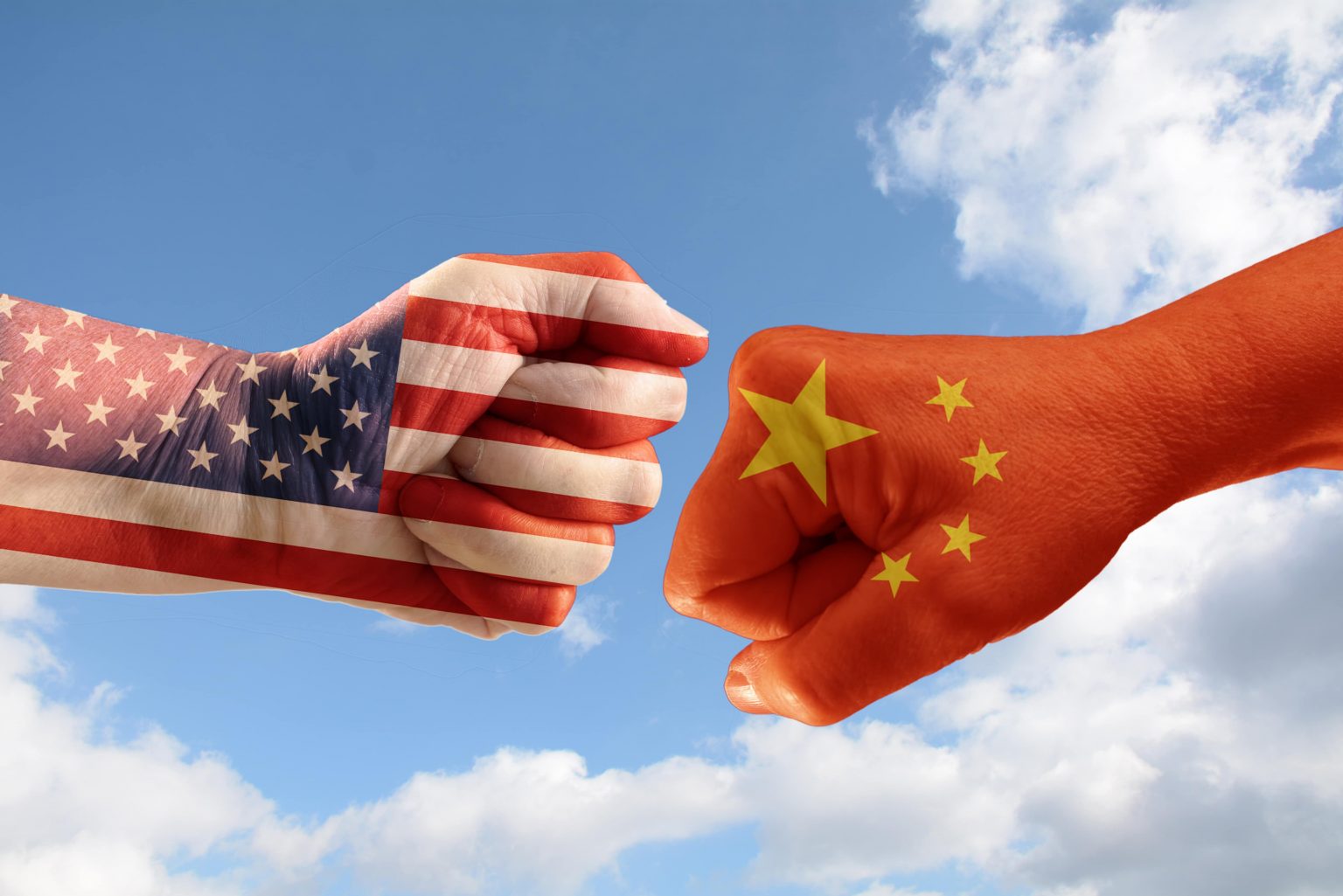by Martin Haffner Associate Editor
Under a return of Donald Trump to the White House, the dynamics of U.S. relations with Pacific Island nations could be significantly influenced by two primary factors: climate change and China’s increasing influence in the region. Security experts argue that these elements will be pivotal in shaping U.S. strategies and policies towards these nations.
Climate Change
Pacific Island countries are among the most vulnerable to the impacts of climate change, including rising sea levels, extreme weather events, and environmental degradation. For these nations, climate change is not just an environmental issue; it is a matter of survival. The U.S. has historically offered aid and support to mitigate these impacts, but under Trump’s previous administration, there was a marked shift away from formal commitments on climate policy, as seen with the withdrawal from the Paris Agreement.
Should Trump return to power, his administration’s approach to climate change could heavily influence Pacific Island nations’ relationships with the U.S. Leaders in the region may be wary if they perceive a diminished U.S. commitment to addressing climate issues, potentially seeking greater partnerships with nations more engaged on this front, such as Australia or New Zealand.
China’s Influence
China has been actively expanding its presence in the Pacific Islands through economic investments, infrastructure projects, and diplomatic outreach. This growth presents a challenge for U.S. influence in the region. Many island nations have welcomed Chinese investment, often seeing it as a way to advance their development goals. However, concerns exist about debt dependency and potential strategic implications of allowing increased Chinese presence.
Security experts suggest that under Trump’s leadership, U.S. policy could focus on counteracting China’s influence by enhancing diplomatic relations, increasing aid, and promoting economic partnerships with Pacific Island nations. The U.S. may aim to bolster its presence through initiatives that address both security concerns related to China and development needs relating to climate change.
Strategic Importance
The Pacific Islands occupy a strategically significant position in the broader Indo-Pacific region. Their location is vital for military access, maritime navigation, and regional stability. A cohesive U.S. strategy that effectively balances climate change commitments with robust countermeasures against Chinese influence could enhance ties with these nations while asserting U.S. interests in the region.
Conclusion
In summary, if Donald Trump were to regain office, climate change and China’s growing influence are likely to define U.S. relations with the Pacific Islands. The effectiveness of U.S. engagement will depend on a nuanced understanding of the islands’ unique challenges and needs, as well as a responsive strategy that includes strong support for climate resilience alongside a clear stance against encroaching Chinese influence.



